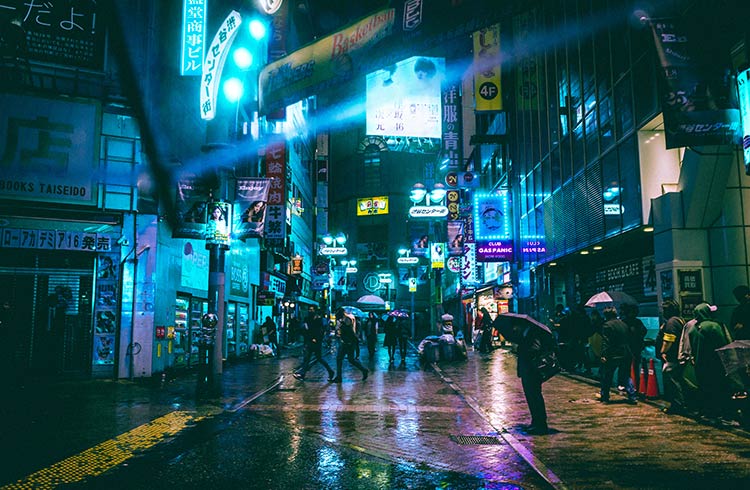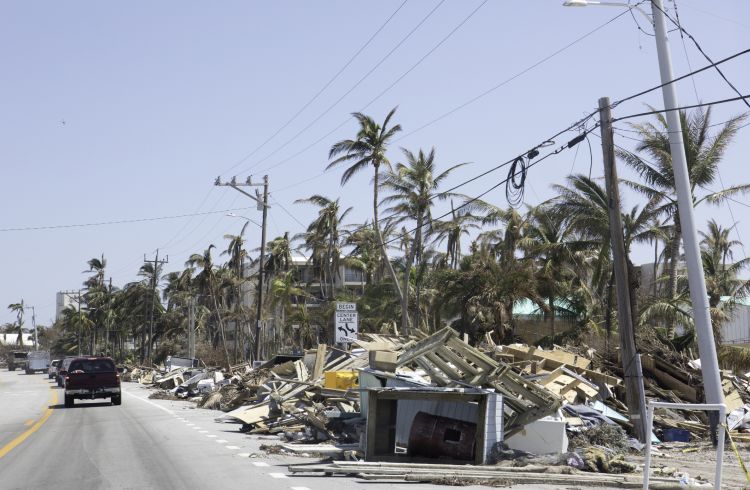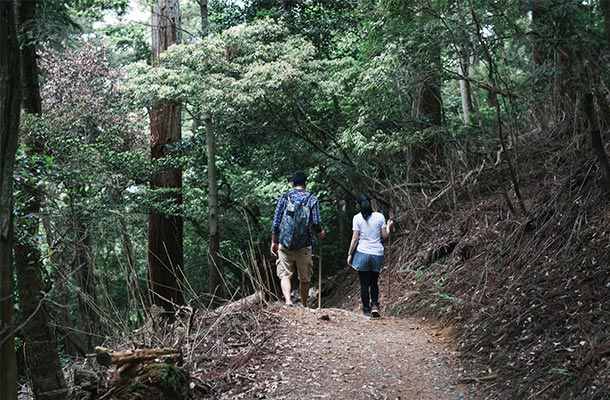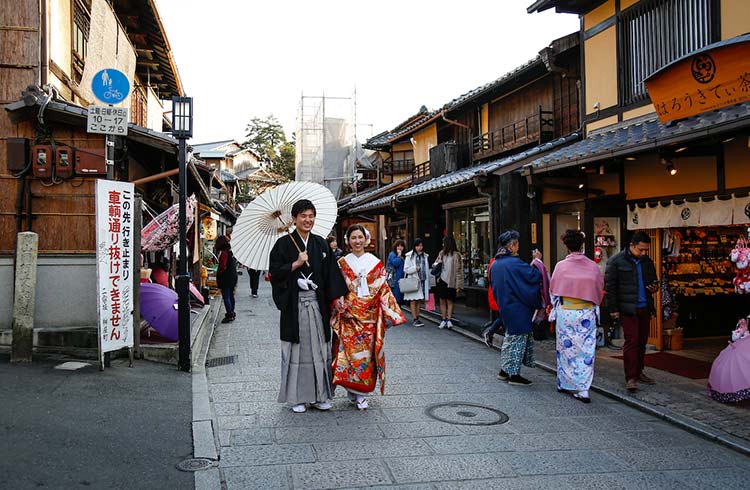Japan Travel Alerts and Warnings
What are the issues affecting travelers in Japan? Read the latest travel warnings and alerts.
 Photo © Getty Images/Koukichi Takahashi / EyeEm
Photo © Getty Images/Koukichi Takahashi / EyeEm
1 May 2023
Japan has removed all COVID-19 entry requirements.
Previous travel alerts for Japan
Typhoon Hagibis – October 2019
Super typhoon Hagibis is expected to bring torrential rain, heavy winds, large waves and storm surges when it makes landfall. Hagibis is forecast to make landfall at night on Saturday 12th October or in the morning on Sunday 13th October.
If you are in Japan for the Rugby World Cup, talk to your accommodation staff or tour operator about their emergency plans and locations of typhoon shelters in the case of an evacuation.
Stay up to date with weather reports and local media, and be aware some games have been canceled due to the weather.
Typhoon Faxai – 9 September 2019
Typhoon Faxai is bearing down on Japan, bringing strong winds and heavy rain, causing flooding and havoc to transport systems in Tokyo. If you are in Japan, stay up to date with local news reports and monitor the situation. If you feel unsafe, check with your accommodation staff about typhoon shelters or what to do in the case of an emergency.
If you are yet to arrive in Japan but are flying soon in time for the World Cup which kicks off on 20 September, check with your airline to see if your flight has been affected by the typhoon, and ask them about rescheduling or rebooking if need be.
Typhoon Trami – 26 September 2018
Category 5 Typhoon Trami is currently tracking slowly towards Southern Japan and Taiwan, with a scheduled weakened landfall this weekend.
Trami will bring heavy rain which may cause localized flash flooding, landslides and storm surge. Please check with authorities for more information, follow any official warnings and listen to local news reports to monitor the situation.
Typhoon Jebi – 4 September 2018
Typhoon Jebi made landfall near the city of Kobe in Japan on Tuesday 4th September causing widespread damage, disrupting services, and killing at least six people. It's the most powerful typhoon to hit the country in 25 years; since Typhoon Yancy in 1993 which killed 48 people and caused billions of dollars in damage. The Japan Meteorological Agency reported Typhoon Jebi's wind speed at 129 mph (209km/h) at landfall and predicts the system will track northward, weakening to an extratropical storm in the Sea of Japan. Over one million people have had to evacuate.
Osaka's Kansai International Airport is closed until further notice due to flooding causing damage to the runway and terminal building. Flights into Tokyo Haneda are also not running to schedule and over 700 flights have been canceled in and out of the country. Over 2000 people are stranded in Kansai International Airport.
Other transport services such as the Shinkansen (bullet train) and inter-island ferries have been canceled. Part of Kyoto Station has collapsed with heavy rain and wind. Major attractions and buildings have been closed in Kyoto, Kobe and Osaka.
How to survive a typhoon
The absolutely best way to survive a typhoon is to avoid one. Get away from it, but if you make the decision to leave make that decision early. Do not leave it until the last minute because you may find yourself caught without proper shelter.
If you decide to stay and "ride it out" it is advisable to get to an authorized shelter. The locations of these will be broadcast, or locals will know where they are. If there is no shelter, prepare to "shelter in place" in an internal room without windows.
Once a "storm watch" has been issued, make sure you are prepared in the event that the watch becomes a "warning."
- Fill the gas tank of your car
- Check batteries in flashlights and radios
- Have extra batteries on hand
- Secure all doors and windows
- Close shutters or board up the windows
- Have extra supplies on hand such as non-perishable food, clean drinking water, a half-gallon of water per person/per day (enough for a couple of days), and prescription drugs.
During the storm
- Never go out during the storm. The winds can send flying debris into you causing injury and even death.
- Stay away from windows and doors
- Keep on the alert for additional storm warnings
- While the storm is in progress avoid using electrical appliances
- Stay off the telephone
- All pets should be secure in carriers. The storm will be a frightening experience for them as well, and they could injure themselves or you if they panic
- Do not light candles or lanterns; they could get blown over causing a fire
- The eye of the storm passing over could make you think the storm is over when the worst is still yet to come. Only use this calm in an extreme emergency to make critical repairs
- Only after an official "all clear" has been issued is it safe to come out.
After the storm
- Beware of downed power lines and gas leaks
- Stay away from heavily damaged areas
- Listen to your radio for instructions.
Before you buy a travel insurance policy, check your government travel warnings and health advice – there may be no travel insurance cover for locations with a government travel ban or health advice against travel.
Related articles
Simple and flexible travel insurance
You can buy at home or while traveling, and claim online from anywhere in the world. With 150+ adventure activities covered and 24/7 emergency assistance.
Get a quote


No Comments